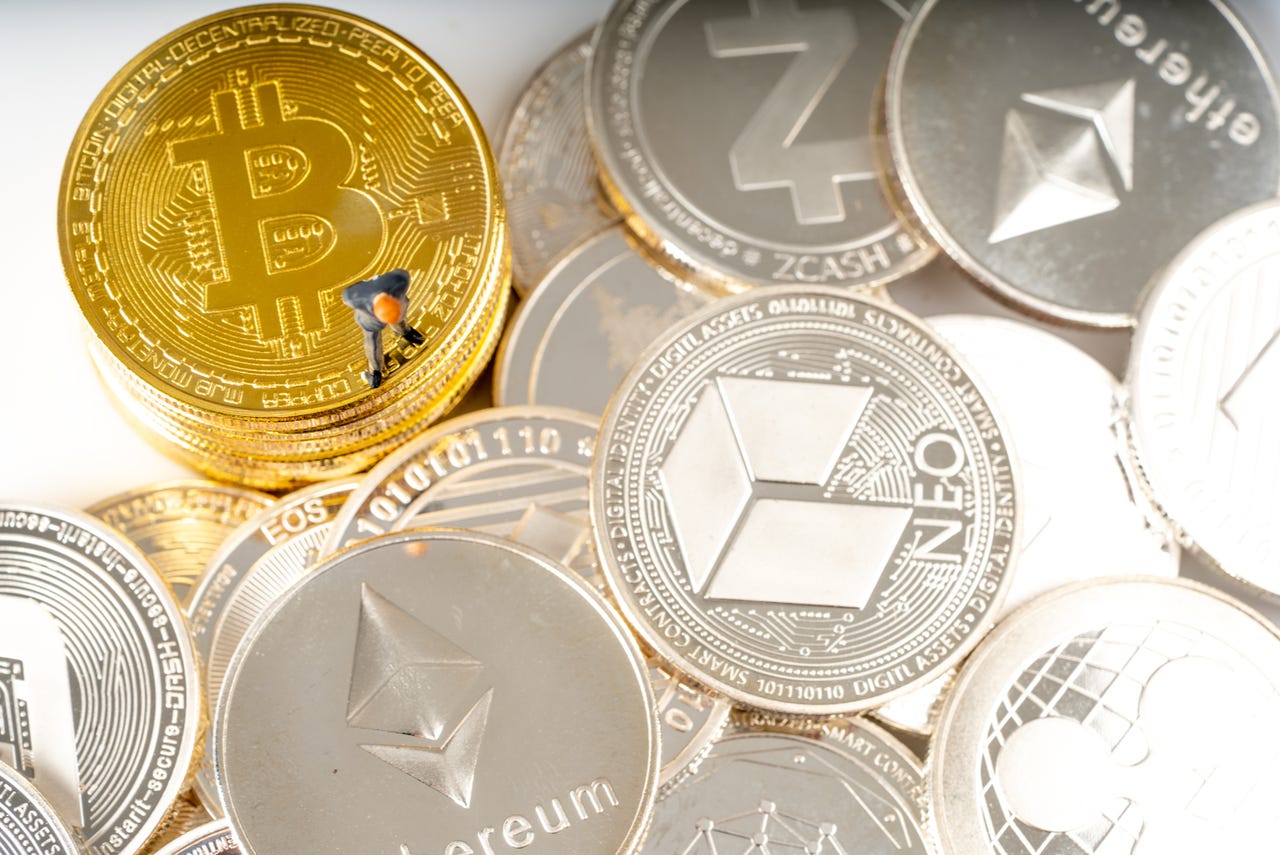Coinbase blocks 25,000 Russian-linked accounts and promotes crypto over fiat for sanctions


Coinbase has come out in full-throated support of sanctions, and revealed the extent to which it works with governments, while at the same time stating it has blocked over 25,000 accounts linked to Russians the company believes are undertaking illicit activity.
"Many of which we have identified through our own proactive investigations," the company said. "Once we identified these addresses, we shared them with the government to further support sanctions enforcement."
In a blog post, the cryptocurrency exchange said when a user opens an account, it checks provided information against a list of sanctioned individuals or entities provided by United States, United Kingdom, European Union, United Nations, Singapore, Canada, and Japan, as well as blocking users from sanctioned areas such as Crimea, North Korea, Syria, and Iran.
The company also revealed it keeps a list of accounts held by sanctioned people outside of Coinbase.
"When the United States sanctioned a Russian national in 2020, it specifically listed three associated blockchain addresses," it said.
"Through advanced blockchain analysis, we proactively identified over 1,200 additional addresses potentially associated with the sanctioned individual, which we added to our internal blocklist."
Coinbase also claimed that digital assets are able to "naturally deter common approaches to sanctions evasion".
"By transacting through shell companies, incorporating in known tax havens, and leveraging opaque ownership structures, bad actors continue to use fiat currency to obscure the movement of funds," it said.
"In this way, they leave complex financial trails that are difficult to trace, requiring investigators to separately request information from many different financial institutions, and follow a trail across multiple countries."
The exchange said due to the public, immutable, and traceable nature of blockchains, it is possible to trace transaction without needing to get information from multiple parties.
"When applied to public blockchain data, analytics tools offer law enforcement additional capabilities. In many cases, law enforcement can trace the transaction history of a wallet from the very first transaction, follow transactions in real time, and group transactions according to risk level based on interactions with other wallets," it said.
"Coinbase's proactive on-chain analysis identified more than 16,000 addresses possibly associated with Iranian exchanges, many of which had not yet been identified by others. We used this analysis to strengthen our compliance systems and inform law enforcement in order to enhance industry-wide awareness."
If Russia tried to get around sanctions through use of cryptocurrency, Coinbase said it would be more difficult than using fiat currency, gold, or even art.
While promoting cryptocurrency, the exchange did not address the existence of coin tumbler services that can be used to disguise the provenance of digital assets and assist in laundering.
A recent report said since 2017, cybercriminals had laundered $33 billion worth of cryptocurrency.